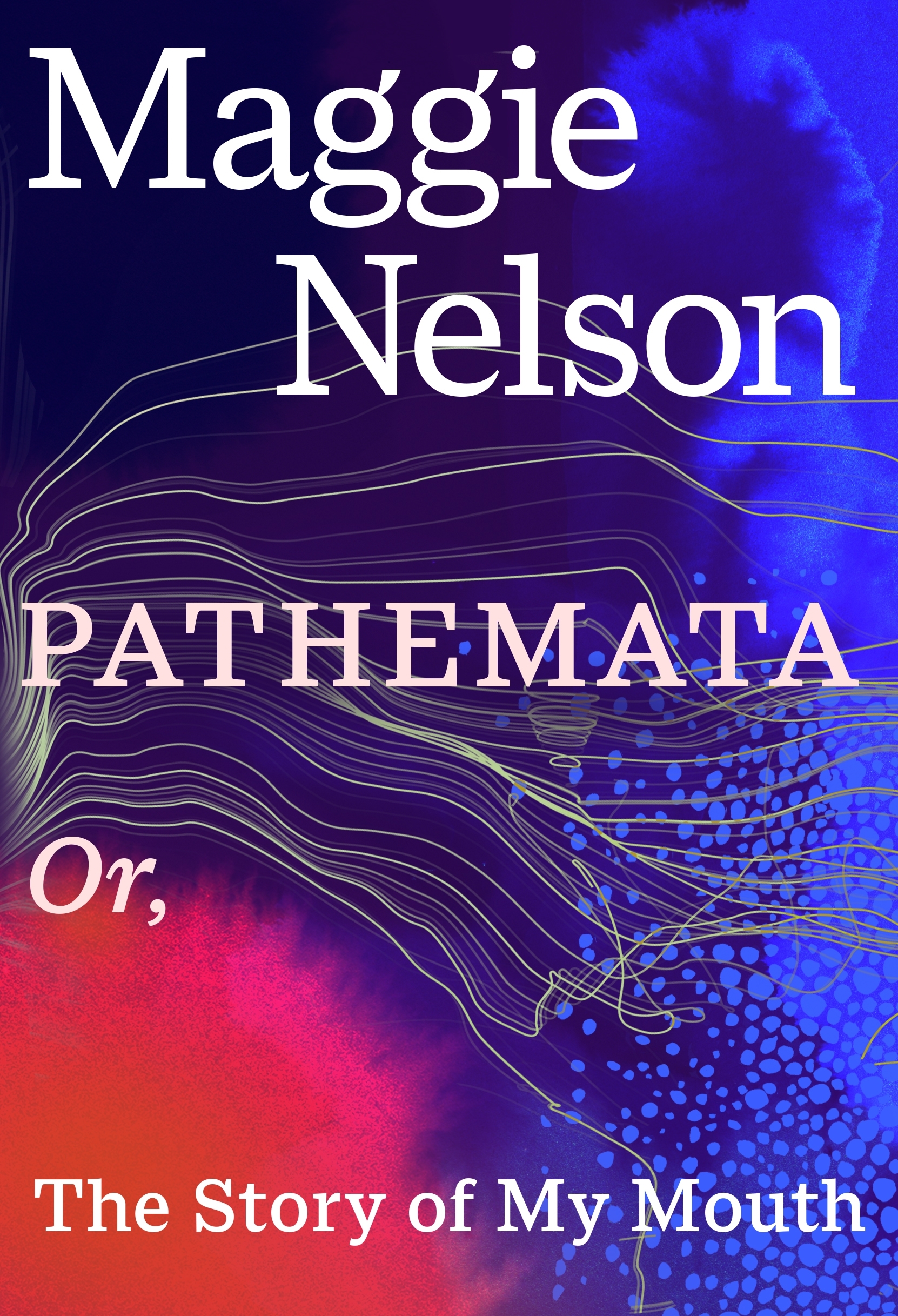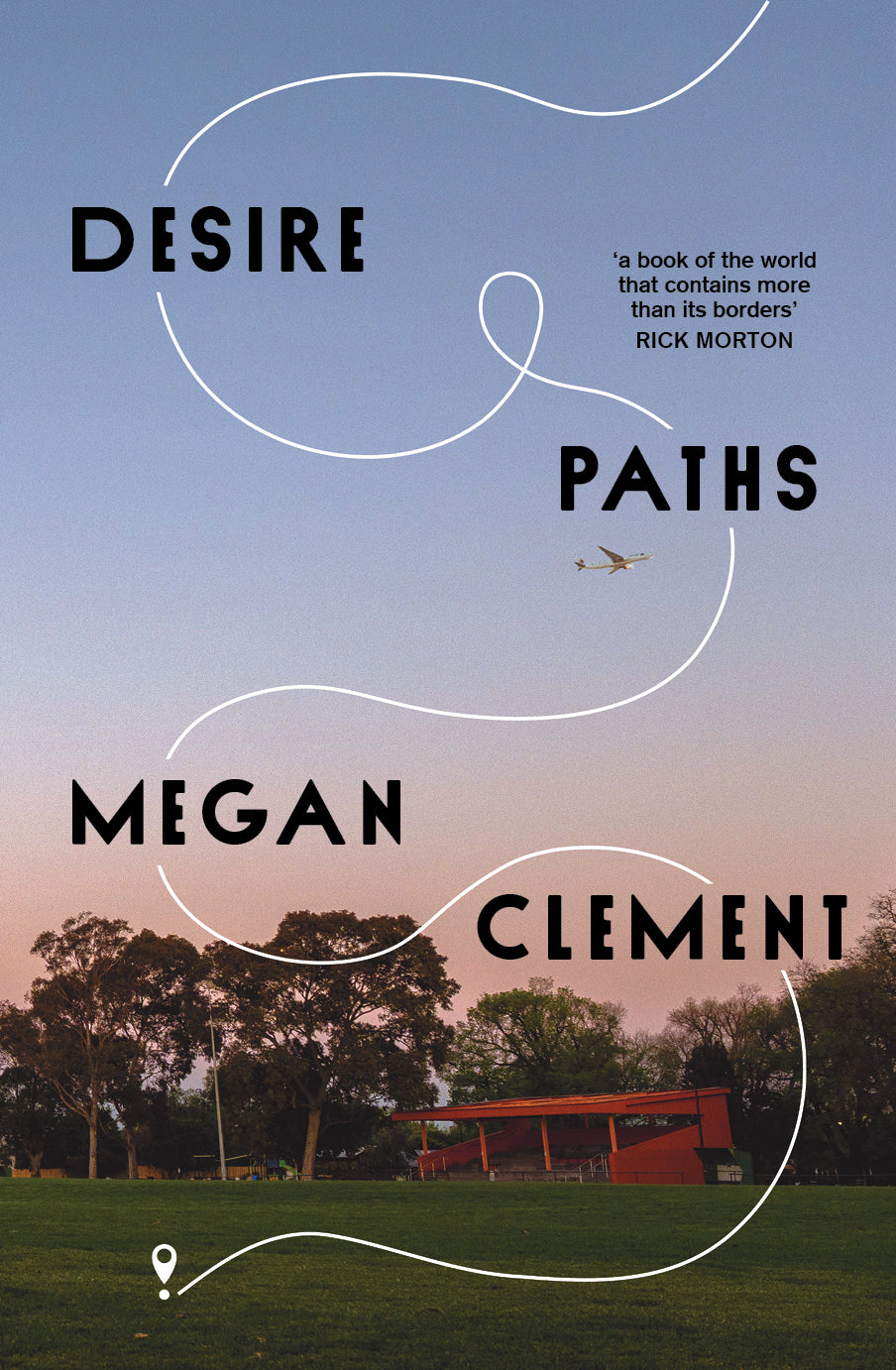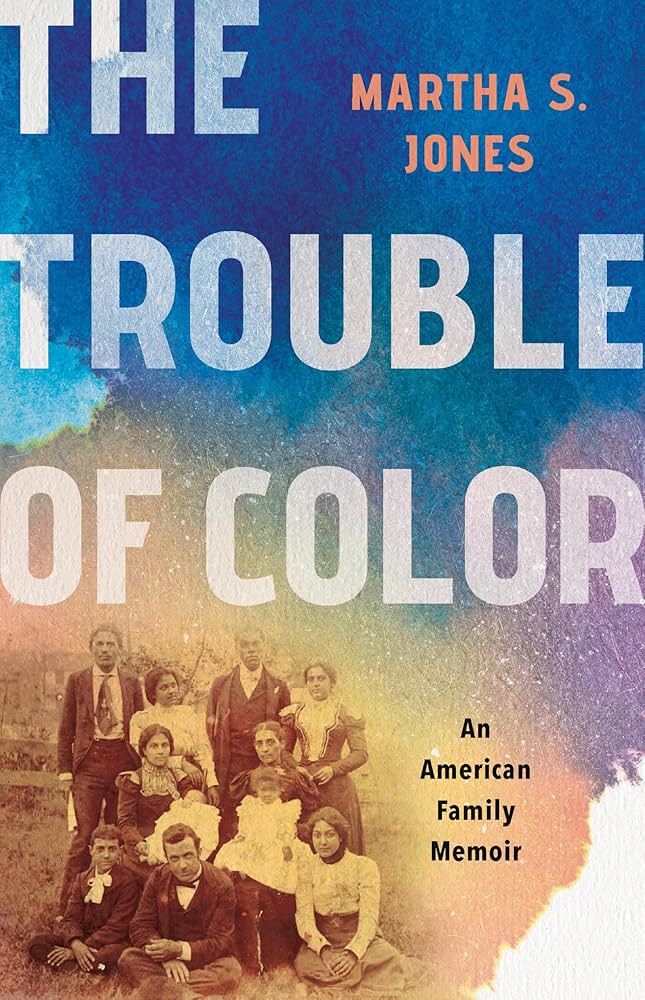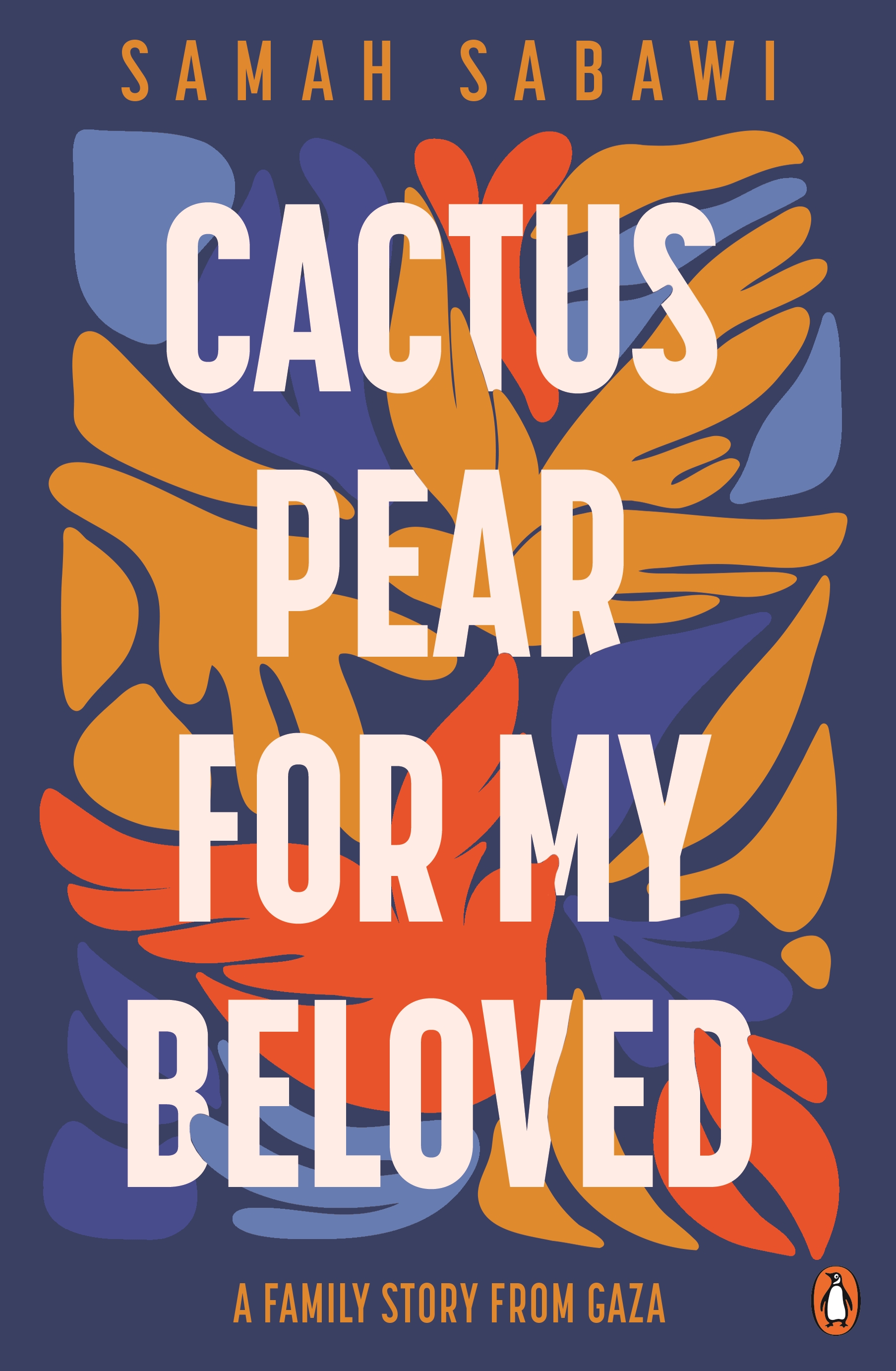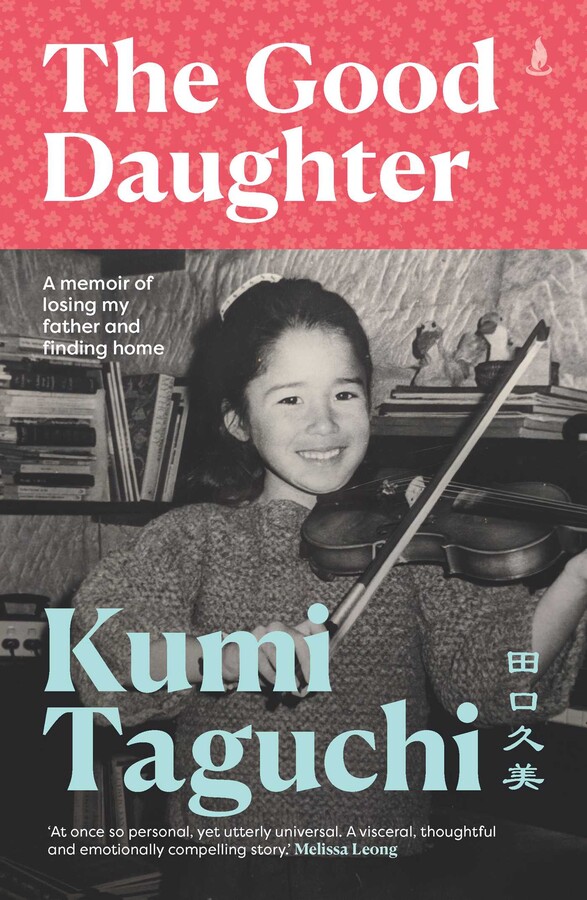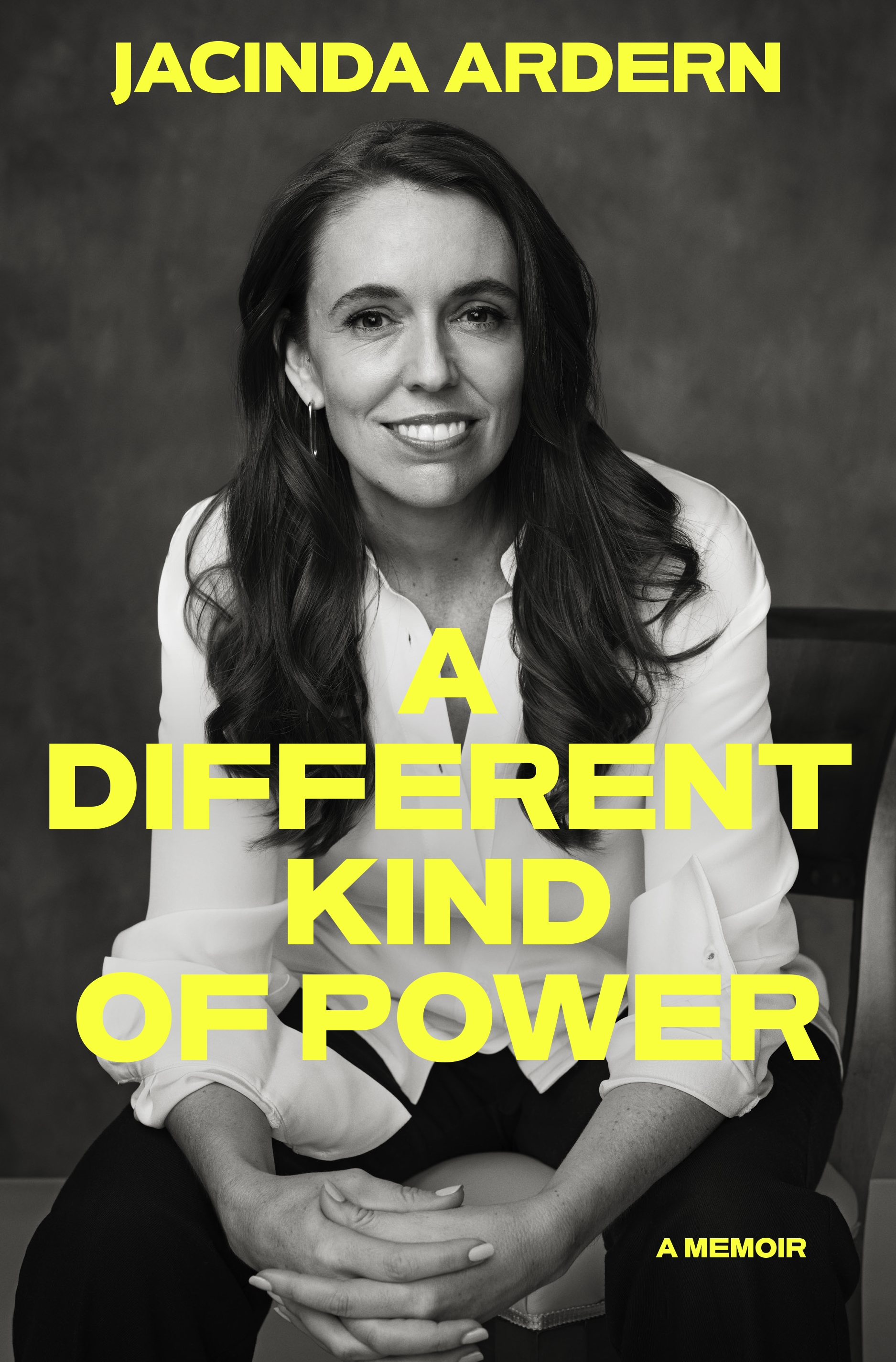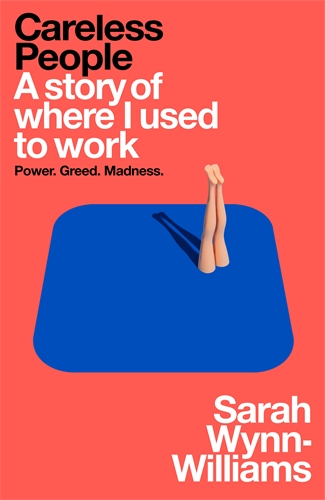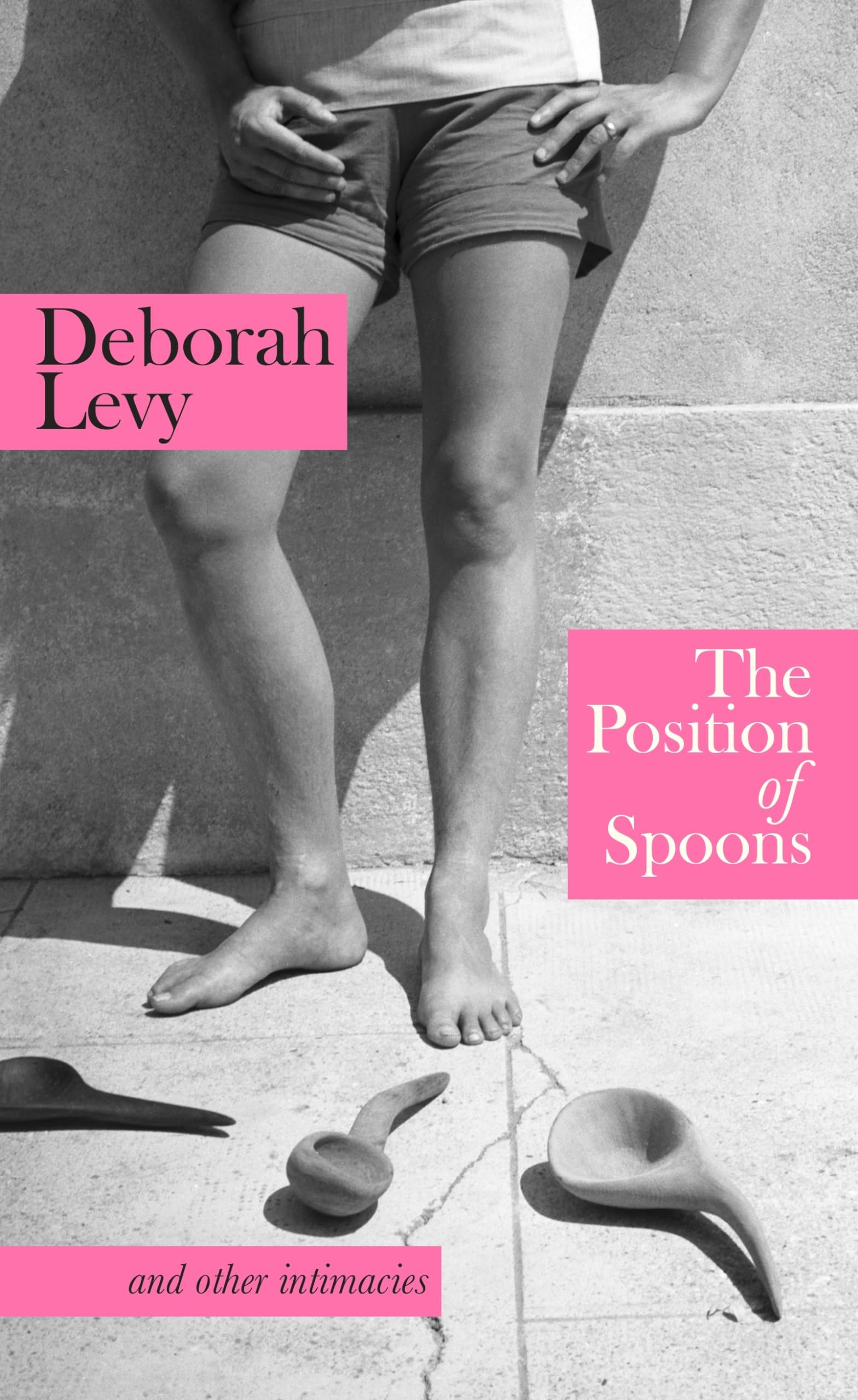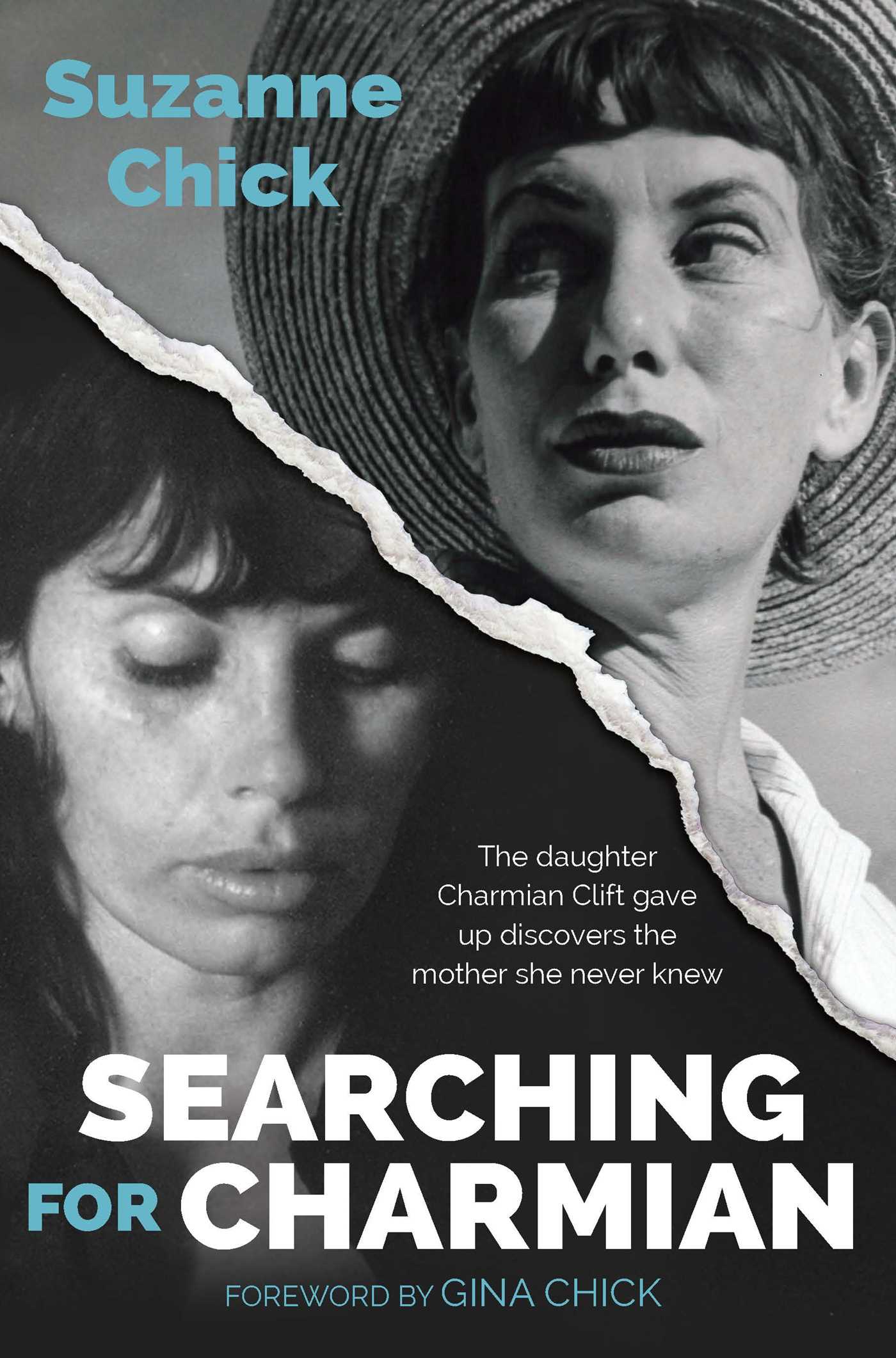Memoir
At the end of Maggie Nelson’s arresting new book, she offers a disclaimer: ‘This work conjoins dream and reality; all representations of people, places and events should be understood in that spirit.’ By the second page, though, it has already become apparent that while this work is peppered with recognisable biographical details, Pathemata: Or, the story of my mouth operates in new terrain. Here the limits of reality and dream are at times sufficiently porous that one wonders whether a particular passage belongs to the writer’s conscious or unconscious life.
... (read more)Urban planners refer to the accidental trails created by foot traffic as ‘desire paths’. These are the unintentional routes shaped by the footprints of where humans wish to go, rather than the signposted pathway. They are the barely-there tracks, sometimes right next to the concreted or cobblestone walkway, in quiet defiance of dictated procession. It is a concept ripe for writerly annexation – author Robert Macfarlane calls them ‘free-will ways’ – which journalist Megan Clement does superbly in this memoir of her beloved father’s death told through the desire paths her own life has taken – from a childhood in Stoke-on-Trent, in England, and Zimbabwe to her teenage years growing up in a leftist, working-class enclave of Melbourne and the years she spent flying between France and her dying father in Australia, until the pandemic grounded her in Melbourne, sans fresh air, human contact, and any possibility of carving out fresh footfall.
... (read more)The Trouble of Color: An American family memoir by Martha S. Jones
We are now in a time when the race crimes of the past that shored up colonisation, chattel slavery, and segregation can be more safely unravelled. Those of us whose families have been on the ‘wrong side’ of the colour line can discover the forces shaping our families and ourselves. Only in the past two decades or so have the veils of false respectability and dubious notions of human difference based on race been lifted sufficiently to allow a focus on the history of mixed-race family formations. Edward Ball’s Slaves in the Family (1998) was a joyous discovery for me, a mixed-race Aboriginal Australian who recognised the same pattern, every generation having both black and white relations in our families.
... (read more)Cactus Pear for My Beloved: A family story from Gaza by Samah Sabawi
Majnoon, Arabic for ‘madness’, looms over the life of Abdul Karim Sabawi, whose story is the central thread in Samah Sabawi’s 2025 Stella-shortlisted offering, Cactus Pear for My Beloved. The madness first takes form as the town lunatic, who terrorises the boy and his mother at the local well with concocted Quranic incantations. Thereafter, the majnoon casts fear from the sky, his ‘senseless and ruthless violence’ manifesting as Israeli aeroplanes that shadow Karim’s childhood, adolescence, and young adulthood in Gaza, Palestine. Born in 1942, Karim witnesses Al Nakba:
... (read more)With more than two decades of experience in interviewing at SBS and the ABC, Kumi Taguchi knows how to craft a person’s story and build a reader’s sympathy. The Good Daughter, her first book, is a memoir. Here she looks inward, transferring these interviewing skills to herself as the subject.
... (read more)New Zealand/Aotearoa is a small country, with a population of roughly five million people, but as former Prime Minister Jacinda Ardern enthuses in her memoir A Different Kind of Power, it regularly punches above its weight. Not that she is one to toot her own horn, at least in an obvious fashion, but let’s take her prime ministership as a vivid case in point.
... (read more)Careless People: A story of where I used to work by Sarah Wynn-Williams
Imagine having a performance review conducted by your employer while you were in a coma and on maternity leave and being told on your return to work that your responsiveness was found wanting. This anecdote is related straight-faced by Sarah Wynn-Williams in her whistleblowing account of the multinational technology giant Facebook. Based on the author’s seven-year tenure as Facebook’s Director of Global Public Policy, which ended in 2017, Careless People provides new insights into Facebook’s treatment of employees and users alike. As Wynn-Williams recalls: ‘A quick google search confirm[ed] my suspicions that you are not supposed to be given a performance review on your maternity leave. In fact, I understand that pushing someone to work during their maternity leave is against the law.’ A chilling picture is constructed of the human cost of the company’s lawless commitment to power, profit, and a galactic technocracy, the Metaverse.
... (read more)Readers grow faithful to their favourite authors – to their style, their literary landscapes, and the moods their books create. Readers of Deborah Levy’s work have come to know and love her idiosyncratic voice. Her texts plunge readers into quotidian worlds made surreal and her narrators point out the humour and strangeness of everyday life.
... (read more)The new edition of Searching for Charmian, Suzanne Chick’s autobiographical account of discovering her birth mother’s identity, is published at a moment when the reputations of two of the book’s subjects are in their ascendency.
... (read more)If you were asked to come up with three cultural touchstones for the nation of Iceland, there’s a good chance that you would nominate Hannah Kent’s 2013 novel Burial Rites, perhaps along with the music of Björk and Sigur Rós. Burial Rites might be a bit of a cheat, given that Kent is an Australian novelist. Nevertheless, this novel, which tells the story of a woman executed in Iceland in the nineteenth century, has been an enormous success. Translated into more than twenty languages, it sold millions of copies worldwide and is set to become a film. It surely put Iceland on the map for many readers.
... (read more)

